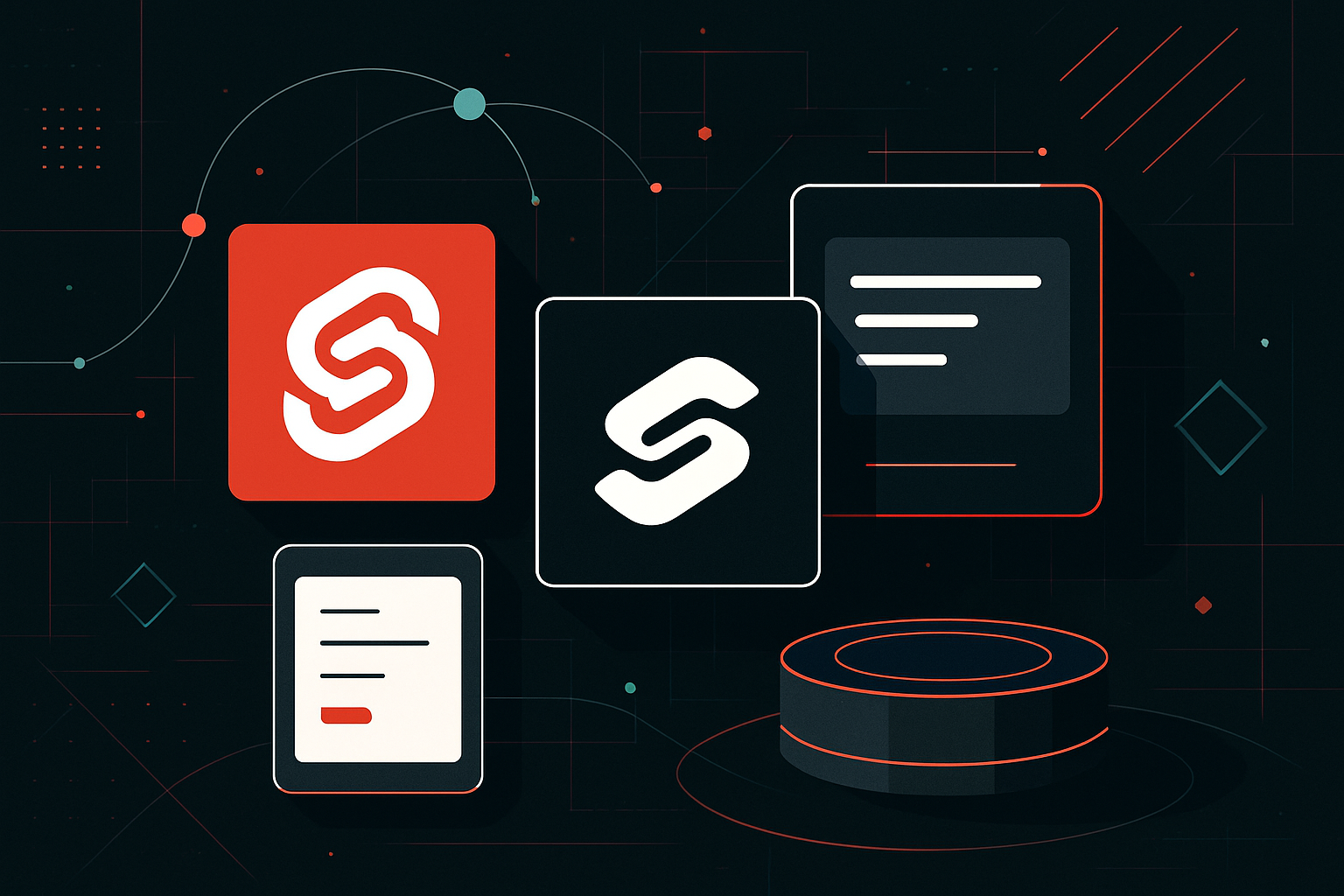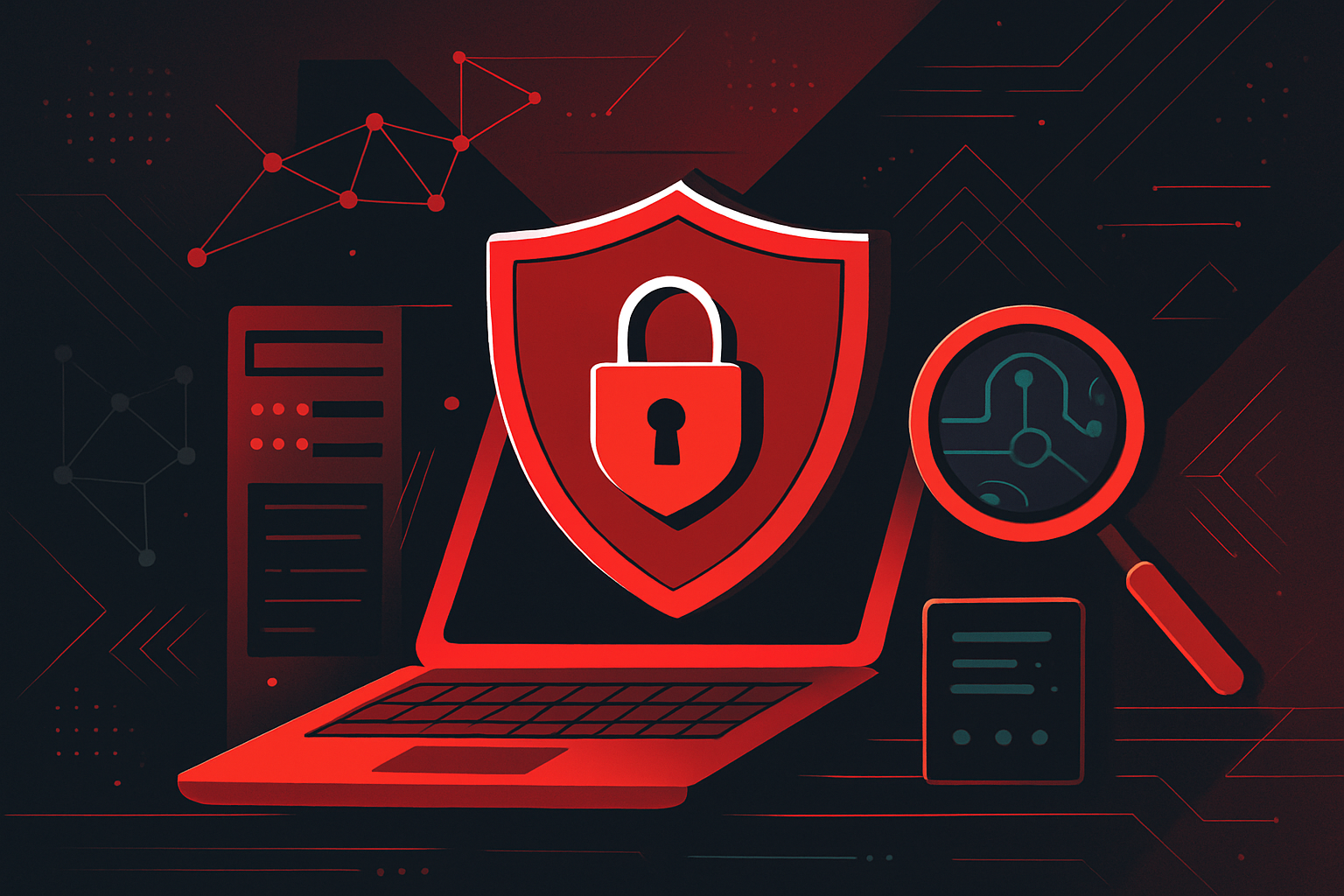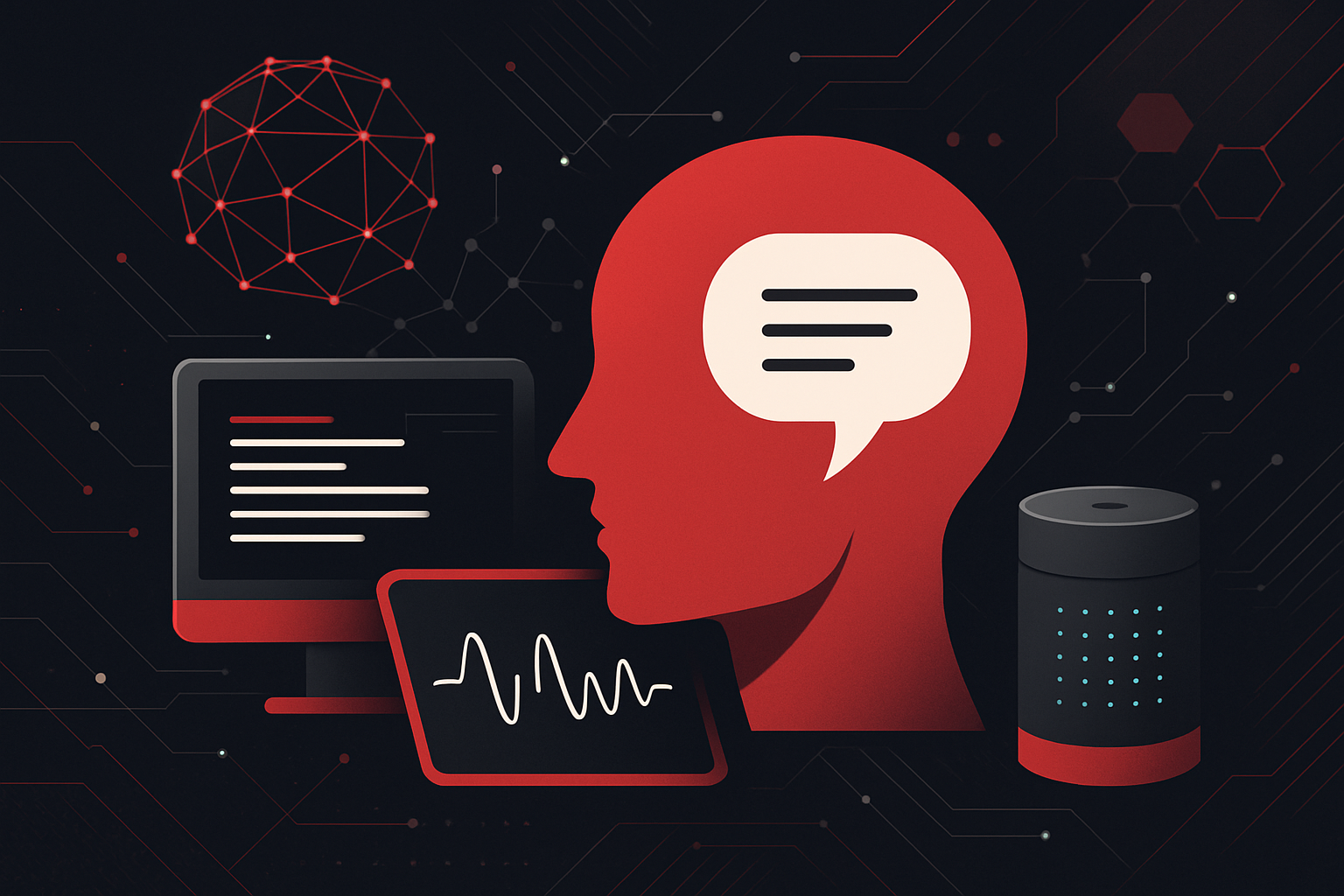Exploring Quantum Computing for Developers

Understanding Quantum Computing
Quantum computing leverages the principles of quantum mechanics to process information in ways that classical computers cannot. Developers entering this field should understand key concepts such as qubits, superposition, and entanglement, which are fundamental to quantum algorithms.
Key Concepts
- Qubits: Unlike classical bits that are either 0 or 1, qubits can exist in a superposition of states, allowing them to represent both 0 and 1 simultaneously.
- Superposition: This principle allows quantum computers to perform many calculations at once, significantly increasing computational power for certain tasks.
- Entanglement: A unique quantum phenomenon where qubits become interconnected, such that the state of one qubit can depend on the state of another, regardless of distance.
Quantum Computing Frameworks
To begin developing quantum applications, you must familiarize yourself with several quantum computing frameworks that provide the necessary tools and libraries.
Popular Frameworks
| Framework | Description | Programming Language |
|---|---|---|
| Qiskit | An open-source SDK for working with IBM Quantum computers. | Python |
| Cirq | A Google framework for creating, editing, and invoking quantum circuits. | Python |
| Q# (Q-sharp) | A quantum programming language developed by Microsoft, integrated with the Quantum Development Kit. | Q# |
Getting Started with Qiskit
Qiskit is one of the most accessible platforms for developers. Below is a step-by-step approach to installing Qiskit and running a basic quantum circuit.
Installation
Ensure you have Python installed, then use pip to install Qiskit:
pip install qiskit
Running a Simple Quantum Circuit
-
Import Qiskit Modules: Start by importing the necessary modules.
python
from qiskit import QuantumCircuit, Aer, execute -
Create a Quantum Circuit: Initialize a circuit with one qubit and one classical bit.
python
qc = QuantumCircuit(1, 1) -
Apply Quantum Gates: Use a Hadamard gate to put the qubit in superposition.
python
qc.h(0) -
Measure the Qubit: Add a measurement to observe the qubit’s state.
python
qc.measure(0, 0) -
Execute the Circuit: Run the circuit using a quantum simulator.
python
simulator = Aer.get_backend('qasm_simulator')
result = execute(qc, simulator).result()
counts = result.get_counts(qc)
print(counts)
Quantum Algorithms
Quantum algorithms are designed to solve specific problems more efficiently than classical algorithms. Developers should focus on understanding these key algorithms:
Grover’s Algorithm
Grover’s algorithm provides a quadratic speedup for unsorted database searches. It’s particularly useful for tasks where a known value needs to be located among a large set.
Shor’s Algorithm
This algorithm is used for integer factorization and poses a significant challenge to classical encryption methods. Shor’s algorithm demonstrates the potential of quantum computing in cryptography.
Challenges in Quantum Computing for Developers
Developers in the quantum space face unique challenges, including:
- Decoherence: Quantum states are fragile and can be easily disturbed by environmental factors.
- Error Rates: Quantum gates are prone to errors, necessitating error correction techniques.
- Resource Availability: Access to quantum hardware is limited, often requiring cloud-based solutions.
Practical Applications
Quantum computing is not just theoretical but applicable in various fields:
- Cryptography: Enhancing security protocols and breaking existing cryptographic algorithms.
- Optimization: Solving complex optimization problems in logistics and finance.
- Material Science: Simulating molecules for drug discovery and new materials.
Next Steps for Developers
To continue advancing in quantum computing, developers should:
- Engage with Online Courses: Platforms like Coursera and edX offer courses on quantum computing fundamentals.
- Join Communities: Engage with communities like IBM Quantum Experience and Quantum Computing Stack Exchange.
- Experiment: Use cloud-based quantum computers to experiment with real quantum hardware.
By mastering these concepts, frameworks, and algorithms, developers can position themselves at the forefront of the quantum computing revolution, ready to tackle complex computational problems in new and innovative ways.





0 thoughts on “Exploring Quantum Computing for Developers”